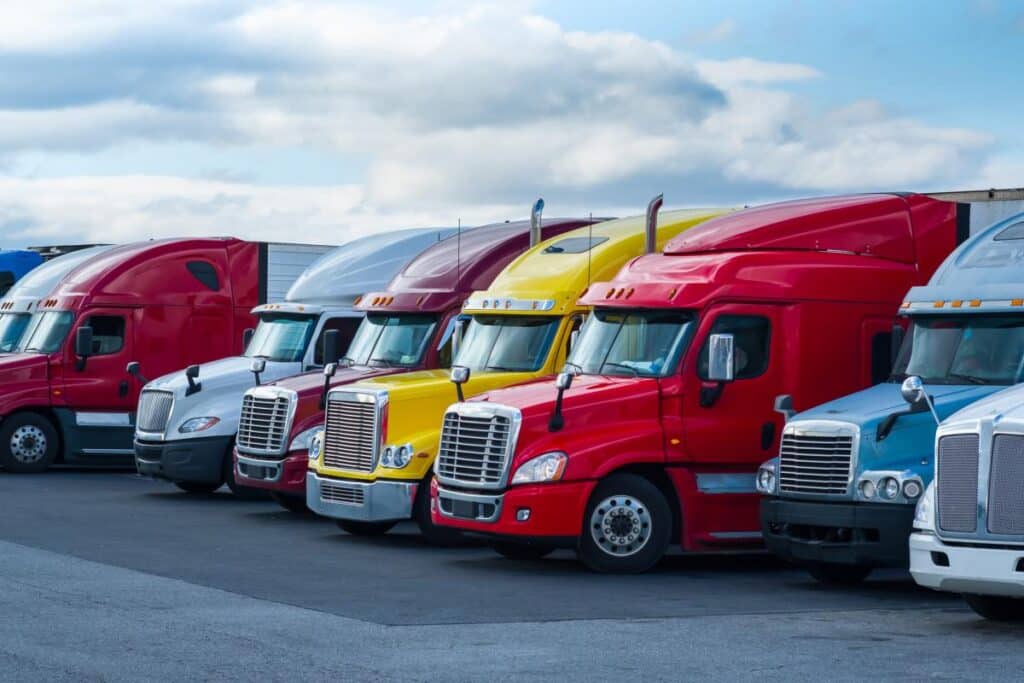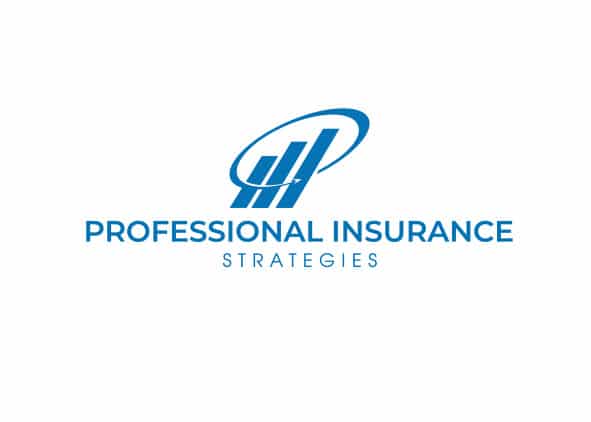Starting a trucking company


Starting a trucking company or do you already own one? Know that you are going to be a magnet for attorneys and people looking to capitalize on any accident you may have. Today, I am going to try help you minimize this risk by looking at this problem from the side of a victim that was just in an accident with you or one of your trucks.
Why Starting a trucking company and trucking Insurance can be so Expensive!
Given the sheer size of semi trucks, accidents generally result in more serious injuries and body damage to vehicles.
According to the National Highway Safety Administration, approximately 510,000 crashes involving large trucks were reported to police nationwide in 2019. Of those, 114,000 resulted in injury. In 82% of those cases, the fatalities were not occupants of the large truck. That is 510,000 opportunities for you not to have the correct coverage or a mishap that could cost you your company.
Cars typically weigh 3200-6000 pounds, while tractors can weigh 33,000-80,000 pounds. Large trucks are also generally taller and sit higher off the ground, which can result in cars sliding under commercial trucks in accidents, putting the occupants at great risk.
Eighteen wheeler truck accident settlement claims are similar to car accident claims with a few key differences. As a trucking company owner, the stakes are high and more complicated for you in an accident. I will discuss these differences in detail so you can protect your rights.
A guide to reducing trucking insurance premiums for a trucking company
What Are the Most Common Causes of Truck Accidents?
Understanding Trucking Regulations
How attorney’s Show Fault in Semi Truck Accidents
What Should You Do After a Truck Accident?
What Are the Most Common Causes of Truck Accidents for a trucking company?
I’d say that understanding some of the most common causes of truck accidents is a good place to start trying to make sense of your truck accident claim. This will help train drivers correctly to avoid potential claims.
What Are the Most Common Causes of Truck Accidents?
When you are starting a trucking company a good place to make sense of your truck accident claim is to understand some of the most common causes for them.
- 1). Driver Fatigue— This leads to tired truck drivers.
- 2). Failure to maintain safe following distance—
- 3). Unsafe lane change/visibility problems—
- 4). Drug or alcohol use—
- 5). Defective equipment or incorrectly loaded cargo—
Understand Duty of Care and Driver Negligence for Trucking Companies
Drivers of passenger vehicles are required by law to practice a reasonable “duty of care” to look out for one another on the road, follow traffic laws, and try to avoid collisions. Because trucks are much more capable of causing catastrophic accidents, truckers are held to a higher standard.
When it comes time for an insurance company or jury to determine fault in a trucking accident, they will expect truckers to follow their duty of care, and in addition, they will generally look in two areas:
- Violations of state and federal trucking regulation
- Evidence of negligence
Due to the higher standard truckers must adhere to, courts often view any violation of regulation as negligent action.
Understand Trucking Regulations
The trucking industry in the US is regulated by the Federal Motor Carrier Safety Administration (FMCSA), a Department of Transportation (DOT).
Their regulations are lengthy and mandate how a trucker should behave in essentially all aspects of commercial truck operation.
These regulations are recognized for their safety benefits on the roadways.
Two of the most common regulations that get violated are:
Commercial Drivers License (CDL) Requirements – Anyone operating a semi-truck, tractor-trailer, or 18-wheeler must have completed their CDL training. These standards vary slightly state to state, but they all must meet a baseline federal DOT requirement.
CDL training teaches truckers:
- Maneuvering techniques, parking, backing up, etc.
- Defensive driving practices
- Maintenance and safety measures, etc
- How to properly handle hazardous materials
A physical fitness examination and drug screening process are typically included in CDL licensure.
Logbook rules – Another legal requirement for truckers is maintaining a logbook. This book records information such as:
- Route details, delivery dates, etc
- Weight of the truck
- The number of hours per day a trucker is working
Here are some other things you can control to operate a safe company
- Was your trucker using their cellphone? (estimates show using a phone increases the chances of an accident by 23 times)
- Does your driver have a record of accidents or criminal behavior?
- Was your driver under the influence of medications, narcotics or alcohol?
- Did your driver fail to account for blind spots when changing lanes or parking?
- What is your driver’s financial background? Do they have any large outstanding debts?
Regarding a trucking accident claim, showing that a trucker violated their duty of care, a trucking regulation, and/or traffic laws will be something attorneys try to expose.
Here is what you should do after a Trucking Insurance Accident
Truck accidents are typically more complicated than car accidents, so if you’re in one, be sure to follow a few best practices. These include:
- Call the police—Even if the accident seems minor, call the authorities and get a police report or the responding officer’s contact information.
- Seek medical attention— If you or other parties are injured, get help from them as soon as possible. Call an ambulance, administer first aid if you know how, or get in to see a doctor first thing (if injuries are non-urgent).
- Gather information—Document everything you can, from photos to witness statements to surveillance videos. Take notes; the more information you have, the better.
- Contact your insurance company— File a claim with your insurance carrier and be aware the other party’s insurance company might contact you.
- Trucking companies held Liable and Your Best Course of Action
When it comes time to figure out who is responsible for your damages in a trucking accident, the number of possibilities is far greater than a regular car accident. If you were in an accident with your semi, the possible parties that might be held liable include:
- The trucker
- The owner of the truck or tractor-trailer
- The company that loaded the cargo on the truck
- The manufacturer of the truck
- The person or company who leased the truck from another party
In many cases, all these parties may be involved with the claim.
If I haven’t scared you away, you are still considering starting a trucking company. I will let you know that trucking accidents are complicated, unfortunately frequent, and often result in serious injuries or fatalities. Try to minimize or eliminate the top causes of trucking accidents, and your company will be successful.
- Truck accidents are often due to driver fatigue, drug use, improper cargo, or unsafe lane changes.
- The key to any claim is showing fault. Truck accidents can be caused by a breach of the duty of care or by violations of regulations.
- After a truck accident, be sure to call the police, seek medical treatment quickly, gather information, and notify your insurance company on time.
- Figuring out who to claim against can be tricky, but it usually comes down to the driver or the trucking company. If in doubt, consult a legal professional.
Sources:
1-Federal Motor Carrier Safety Administration
2 –Reuters
